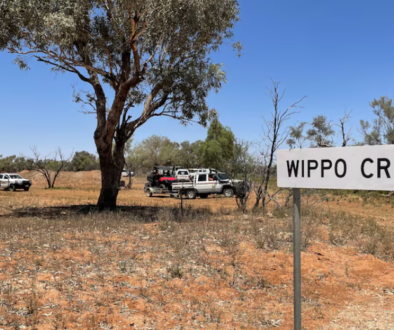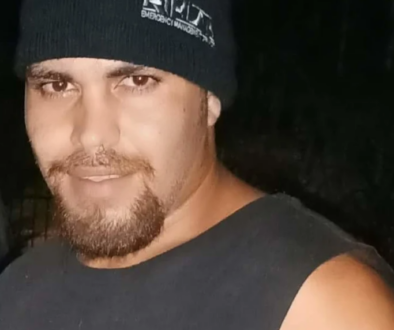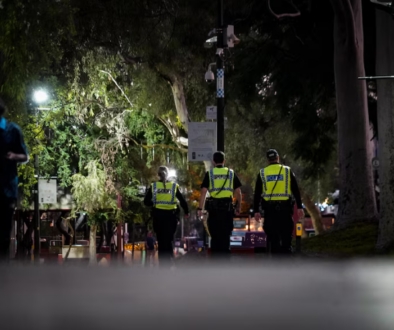As a new search sparks hope, the truth remains elusive in the case of missing man Jeremiah Rivers
Key points:
-
Rivers, known to his family as “Jayo”, went missing in October 2021, while travelling with six other people on a pig-hunting trip.
- Rivers’ family in the Kimberley remains overwhelmed by frustration and grief.
-
Queensland coroner Donald MacKenzie described the body of evidence provided to police by the hunting party as a “moveable feast of lies”.
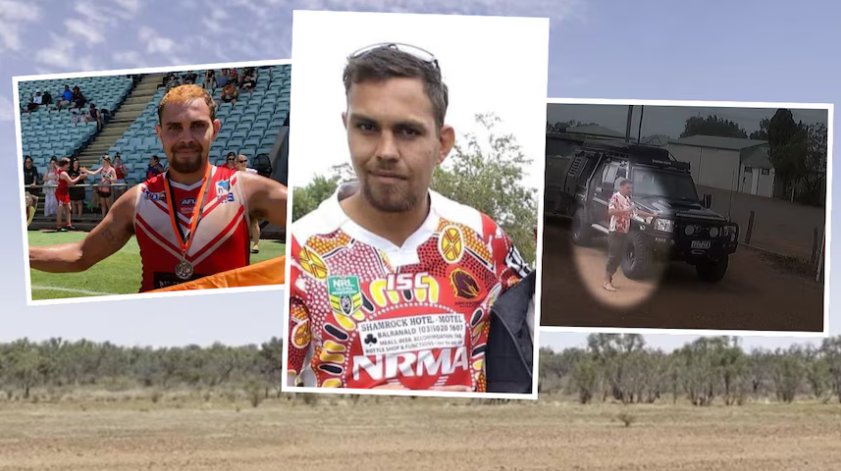
The question of what happened to Jeremiah Rivers has been bouncing around outback communities in New South Wales, Queensland and Western Australia for two-and-a-half years.
These conversations canvass plenty of theories, but the sort of hard evidence that can produce reliable conclusions is conspicuously missing.
So in recent weeks when police revealed the search for the missing man had been restarted in a new location and was prompted by a fresh lead, there was a sense of anticipation and hope that closure may finally come to his family.
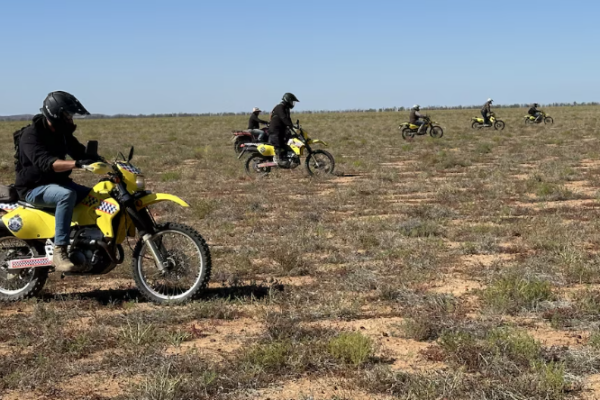
The absence of truth has left a void of lies, conflicting stories, allegations of criminal behaviour and potential lost opportunities.
Meanwhile, an Indigenous family in the Kimberley remains overwhelmed by frustration, grief and their unfulfilled cultural obligation to lay their loved one to rest.
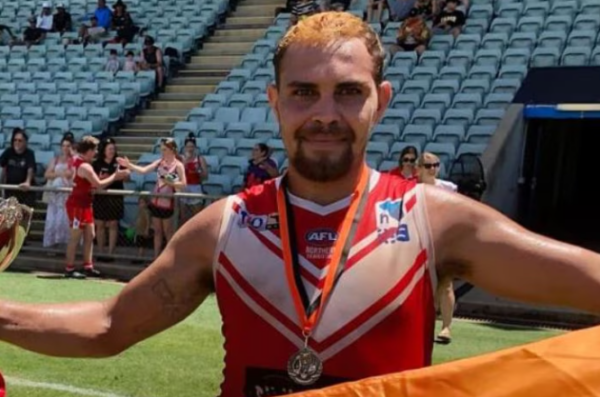
Lockdown-breaching road trip
So what do we know for certain about Jeremiah “Jayo” Rivers’ last movements?
A group of seven began a pig-hunting trip in the southern New South Wales town of Balranald on Saturday, October 16, 2021.
There was Mr Rivers, a 27-year-old Gija man originally from the East Kimberley Indigenous community of Warmun.
With him was one of his closest friends, Jojo Kantilla. The pair were living in Balranald at the time to play Australian rules football.
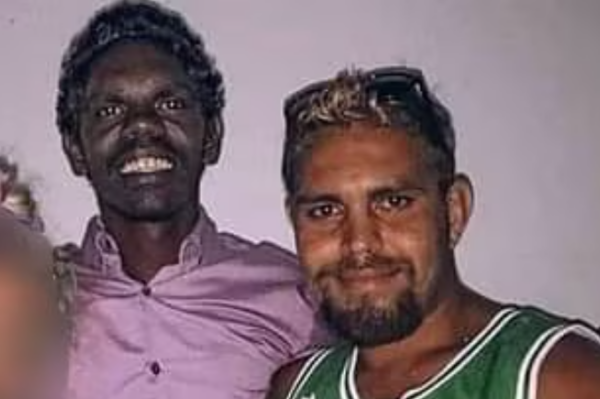
Joining them was Matt Moore, who is from Balranald and had become friends with Jojo and Jayo.
Four men from Melbourne linked to Mr Moore — Travis Clare, Kane Toohey, Joel McMaster and Dylan Thomas — rounded out the group.
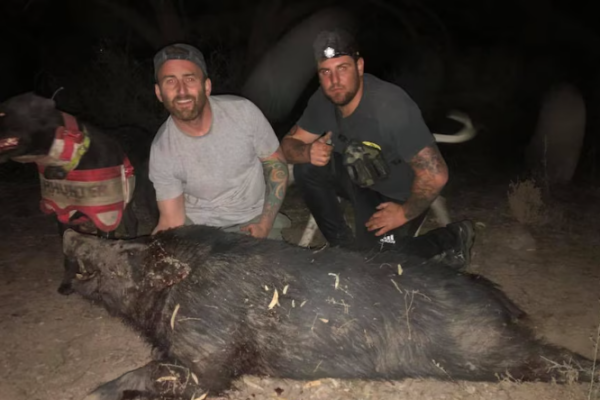
They drove through outback New South Wales in a matter of days and entered illegally into Queensland, flouting COVID-19 border restrictions.
A photograph taken at 8.33am on Monday, October 18 shows Mr Rivers alive and with some of those in the party.
From that point he vanishes.
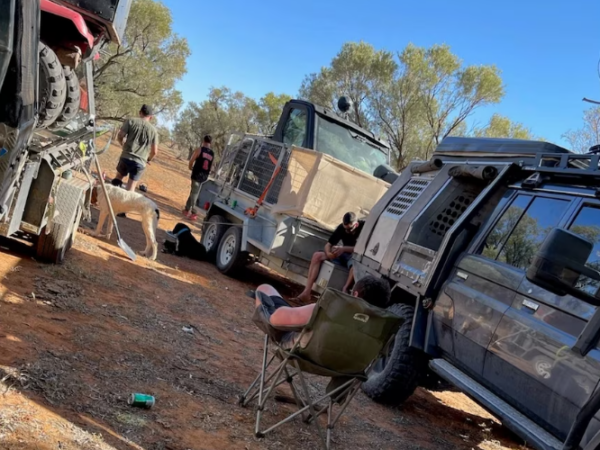
‘Feast’ of lies
A coronial inquest late last year heard from all six men plus the police officers involved in the initial search and investigation.
Queensland coroner Donald MacKenzie described the body of evidence provided to police by the hunting party as a “moveable feast of lies”.
“I mean, these six witnesses, if any of them were to tell me that it was raining, I’d have to get counsel-assisting to go outside and have a look,” he told the inquest.
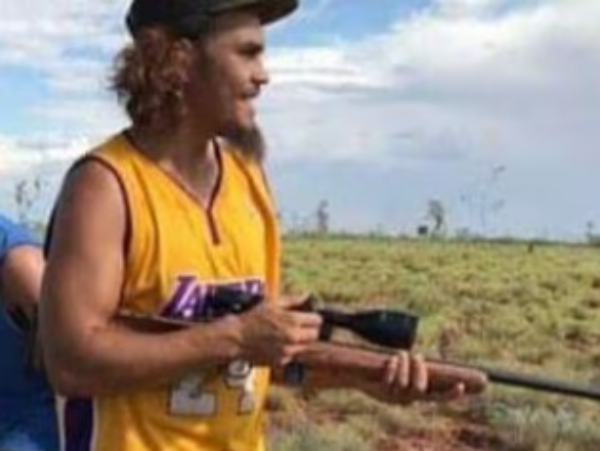
In one account, the trip was a fun-filled adventure — a group of restless men, tired of COVID lockdowns, keen to hunt and fish through the outback while generously driving Mr Rivers and Mr Kantilla back home to Darwin.
In another version, the road trip was a means to transport tens of thousands of dollars worth of cannabis to Darwin and sell it at a lucrative price in Indigenous communities.
Family’s theory of foul play
The drug trafficking, alleged by Jojo Kantilla at the inquest and told to police, was central to a theory put forward to the coroner by the legal team of Mr Rivers’ family.
It’s important to note it was a theory and just that. While police have been treating the case as suspicious, no-one has been charged.
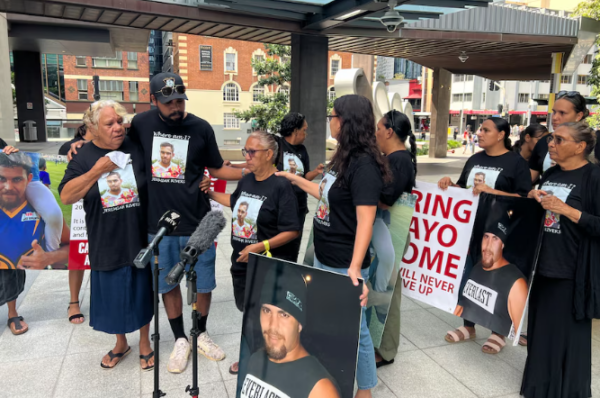
The family’s lawyer, Stewart Levitt, suggested when Mr Rivers found out about the plan to sell cannabis during the trip he became upset, things got heated and the others turned against him.
And that Mr Clare and Mr Toohey, two men the inquest revealed had serious criminal records, were involved in the missing man’s death, something they strenuously denied.
This theory relied heavily on a Facebook call Mr Rivers allegedly made during the trip to his friend Matthew Perris in Darwin.
Mr Perris told the inquest the call was a plea for help — Jayo had a fistfight with Jojo and felt the others were ganging up on him.
During the inquest the six men on the trip denied this and described Mr Rivers as largely being in good spirits throughout.
The coroner has made clear the Facebook call is of high importance to the case.
Walked away and never returned
The group’s description of their last moments with Mr Rivers is what his family strenuously refuses to believe.
His companions say on the morning of Monday, October 18, 2021, the Gija man walked away from their campsite, looking for somewhere to swim and cool off.
When he didn’t return they say they spent that day using their utes and quad bikes trying to find him.
That night two of the men went to the local pub to buy fish and chips but did not raise the alarm.
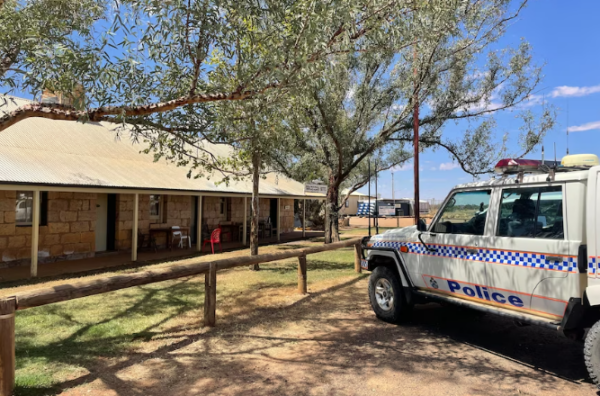
The men insist they thought Mr Rivers would return and feared going to authorities given they had broken COVID-19 border rules.
Mr Kantilla, in particular, came under scrutiny at the inquest for the inconsistencies in what he has told police, family members and the coronial hearing.
He said initially Mr Rivers went missing while chasing a pig and that it was just him, Mr Moore and Mr Rivers in their expedition.
Even his knowledge of the drug trafficking varies between accounts.
Mr Kantilla maintains he told lies in the aftermath because of the effects of ice and to protect his friends from border-rule penalties.
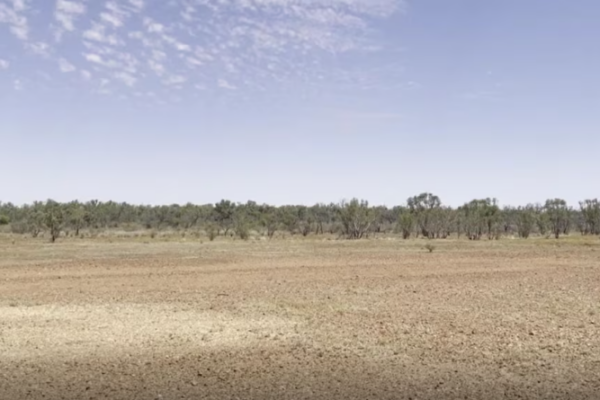
But Mr Rivers’ family say there is another factor that gives them doubt.
They, along with authorities, have extensively searched the area of Channel Country in question near Noccundra, which is largely flat and sparsely vegetated.
His relatives believe his body must be somewhere else.
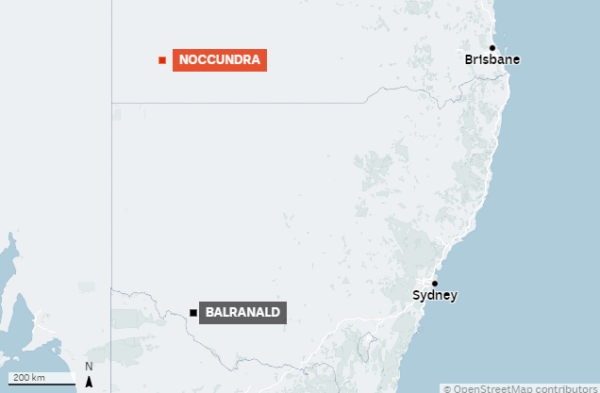
Concerns over police investigation
As well as the credibility of Mr Rivers’ companions, questions remain over the quality and thoroughness of the investigation by police across multiple states.
Numerous aspects of the inquiry were scrutinised by Mr Levitt and the coroner during the inquest:
- Should officers have detained the men in Queensland instead of letting them, as two separate groups, back across the border to regroup in NSW when it was obvious they had been flouting the law?
- And why didn’t Queensland police ask their NSW counterparts to search one of the travelling party’s cars before it was driven back to Victoria?
- And when Victorian detectives interviewed Mr Toohey and Mr Clare, why didn’t they ask about the alleged drug trafficking?
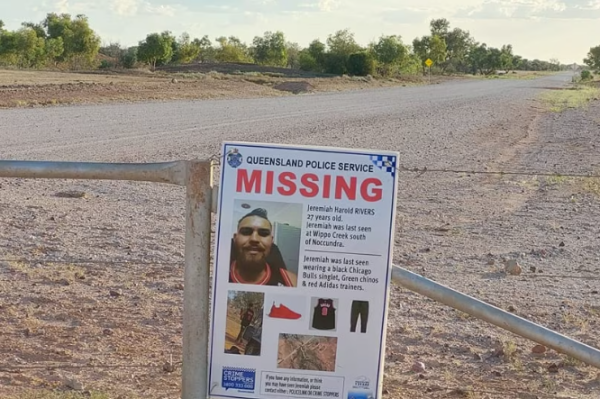
Mr Clare has spent almost two years evading Queensland police over a series of unrelated criminal matters, including allegations of domestic violence and drug possession.
Police told the inquest the investigation was hampered by the area’s remoteness, lack of phone service, the risk of contracting COVID-19, conflicting stories by Mr Rivers’ companions and challenges working across state borders.
On the most part they have defended their conduct as the best possible in difficult circumstances.
Family’s pain persists
The ABC has been in regular contact with Mr Rivers’ family members over the past two-and-a-half years and many say their grief and pain has only deepened.
Relatives have described sharp declines in their mental health and heartbroken children asking, “where’s Jayo?” and “why isn’t anyone looking for him?”.
Months travelling to the Queensland outback and searching the landscape has drained their modest financial resources.
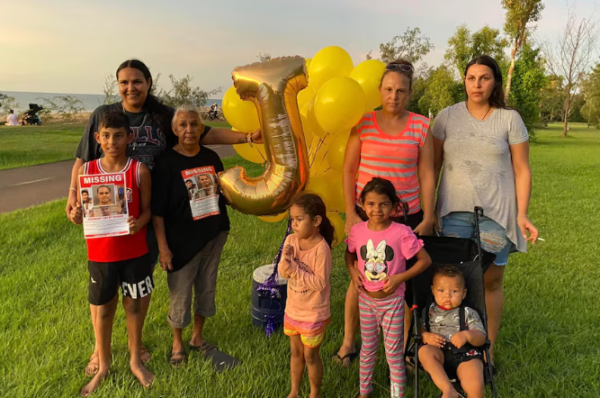
Uncle David Rivers said last week that he just wanted to bring Jayo home and bury him next to his grandfather.
And for his family to have some peace.
For now they are waiting, not only for the outcome of the search, but also for the coroner’s findings in the hope they’ll yield some truths so sorely missing in this case.
Contact us
Please provide a brief description of your claim.

